by Michael Haskew
With his dream of Nazi domination of the world shattered, Adolf Hitler went underground in April 1945. Beneath the smoldering ruins of the Nazi capital city of Berlin, he lived out his last delusional days in the Führerbunker, a somber subterranean prison of steel and concrete. Still entertaining forlorn hopes that the Third Reich might live on, Hitler and a few of his cronies sought refuge from the marauding Red Army.
[text_ad]
Early that month, Eva Braun traveled north from Munich to Berlin, determined to be with Hitler to the bitter end. She was not summoned to join the Führer, with whom she had carried on an intimate relationship for well more than a decade. In fact, Hitler attempted to persuade her to leave the capital city. She would have none of it and descended with him into the dank, shadowy existence.
Poison or Gunshot?
In a pathetic scene on April 20, Hitler and his small group of followers celebrated his 56th birthday. It was to be his last. He also made his final appearance above ground that day, decorating boy soldiers of the Hitler Youth for their bravery in combat against the advancing Soviets. Eventually, he began to speak openly of the end. “I shall not fight personally,” he said. “There is always the danger that I would only be wounded and fall into the hands of the Russians alive. I don’t want my enemies to disgrace my body either. I have given orders that I be cremated. Fräulein Braun wants to depart this life with me….”
There was talk among those in the bunker as to the best way to commit suicide – poison or gunshot. Occasionally, Eva offered a glass of champagne, and a few small cakes or sweets that had been scrounged in dungeon labyrinth of rooms, and everywhere the high pitched whine of the air circulation system added to the feeling of doom. Through it all, Eva maintained a remarkable composure. She was courteous and talked freely of the happy days at Hitler’s Berghof retreat on the Obersalzberg.
“Eva Hitler”
A few minutes after midnight on April 29, 1945, an event took place that few individuals close to Hitler or to Eva Braun believed would ever happen. Perhaps as a reward or final gesture of latent appreciation to his mistress, the Führer and Eva attested to their Aryan lineage and were married in a brief civil ceremony witnessed by Nazi Propaganda Minister Josef Goebbels and Hitler’s personal secretary Martin Bormann. They signed their names to the official document, and as Eva took the pen she began by writing a capital “B.” Immediately, she realized that she now had the privilege of taking the Führer’s last name, crossed the letter out, and signed “Eva Hitler.” In the early morning hours, a modest reception was held in honor of the couple.
By the afternoon of April 30, Hitler had decided to end his life and to allow his bride to join him in the final act. The two said their goodbyes to the few friends remaining in the bunker and retired to Hitler’s study. A few minutes later, a single pistol report rang out. Hitler had shot himself in the head, while Eva died instantly when she bit down on a cyanide capsule. So ended their long, strange affair.
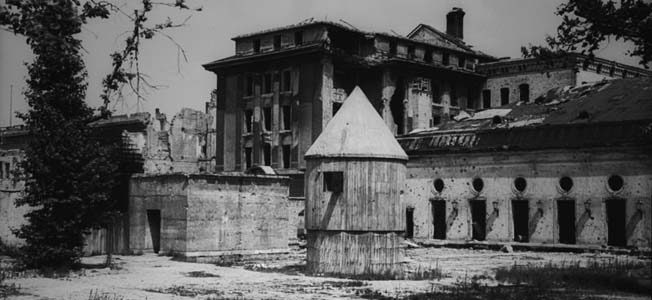

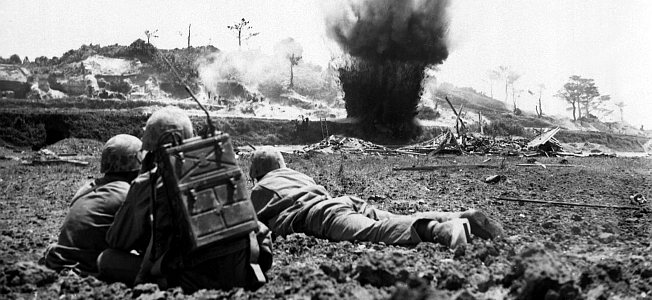
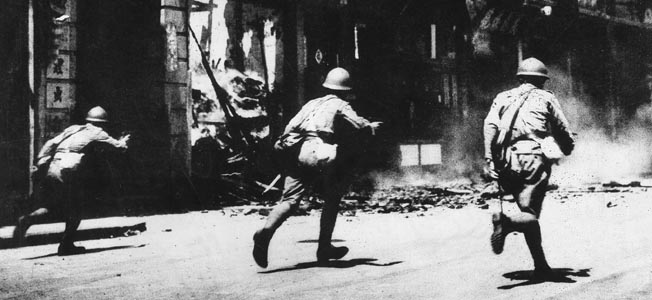
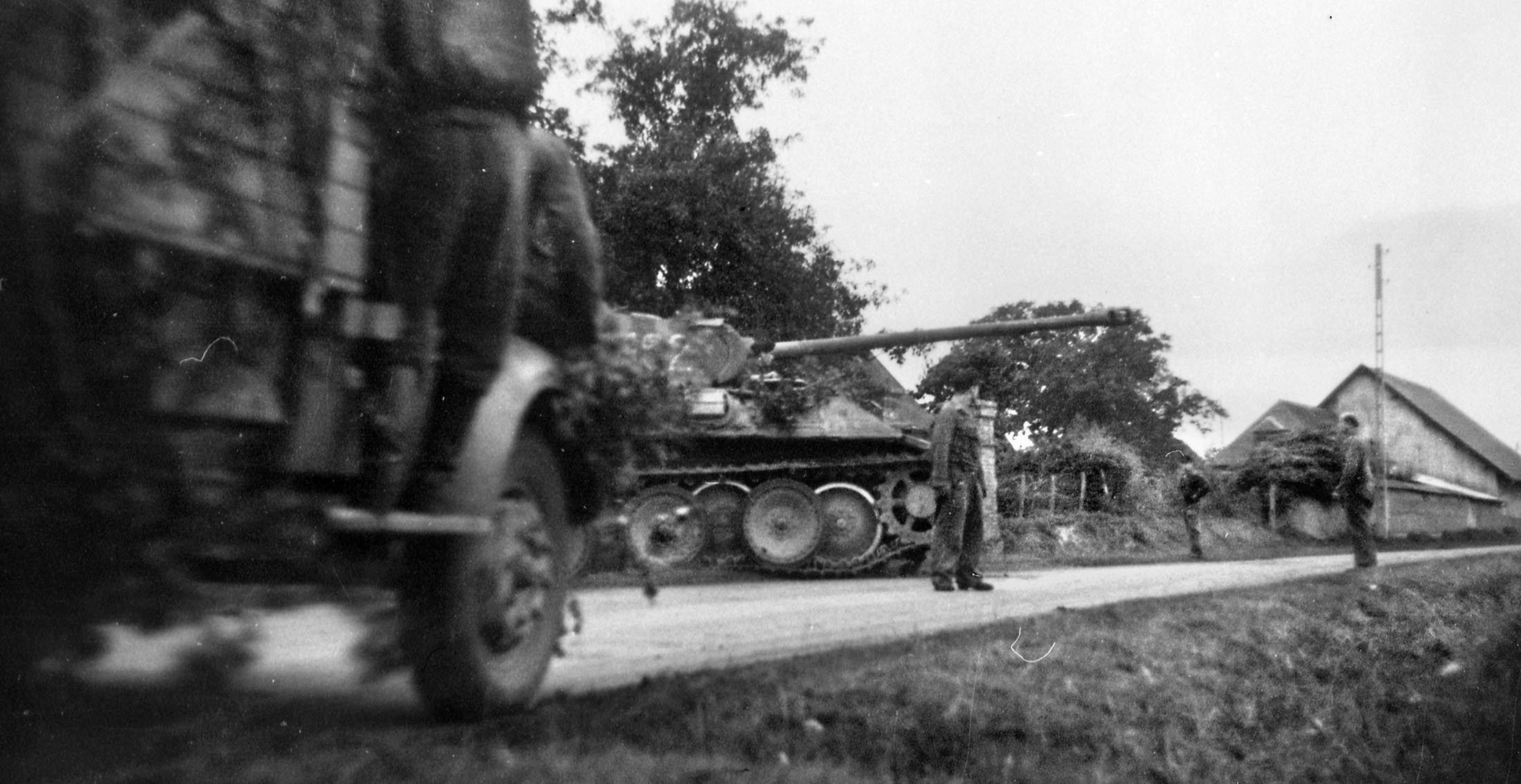
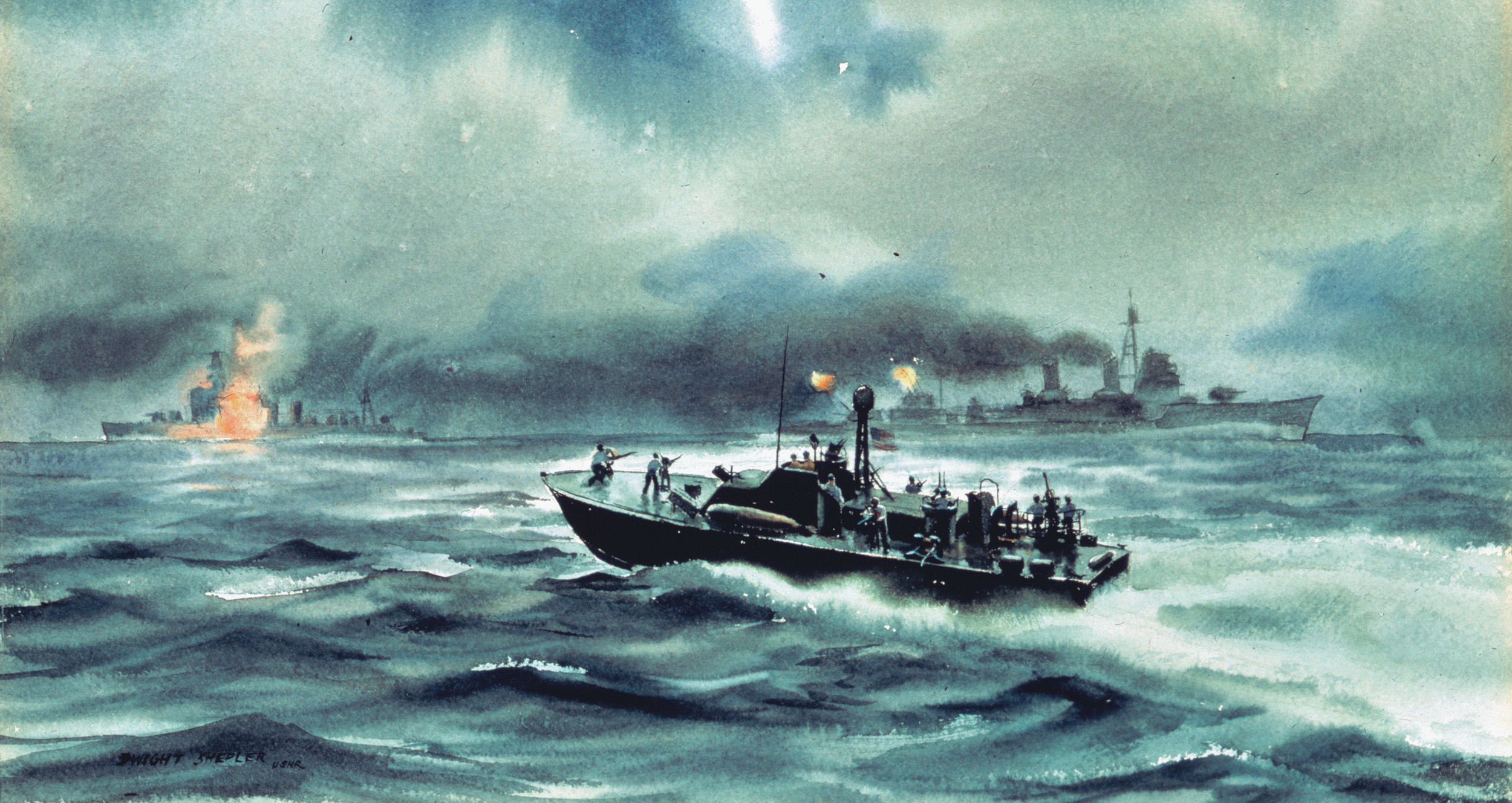
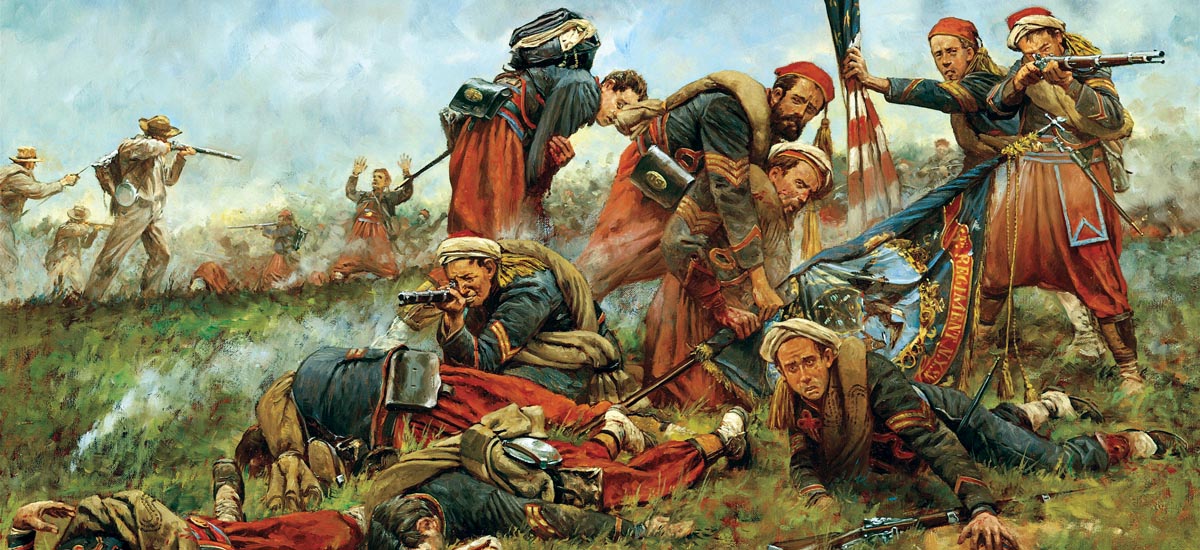
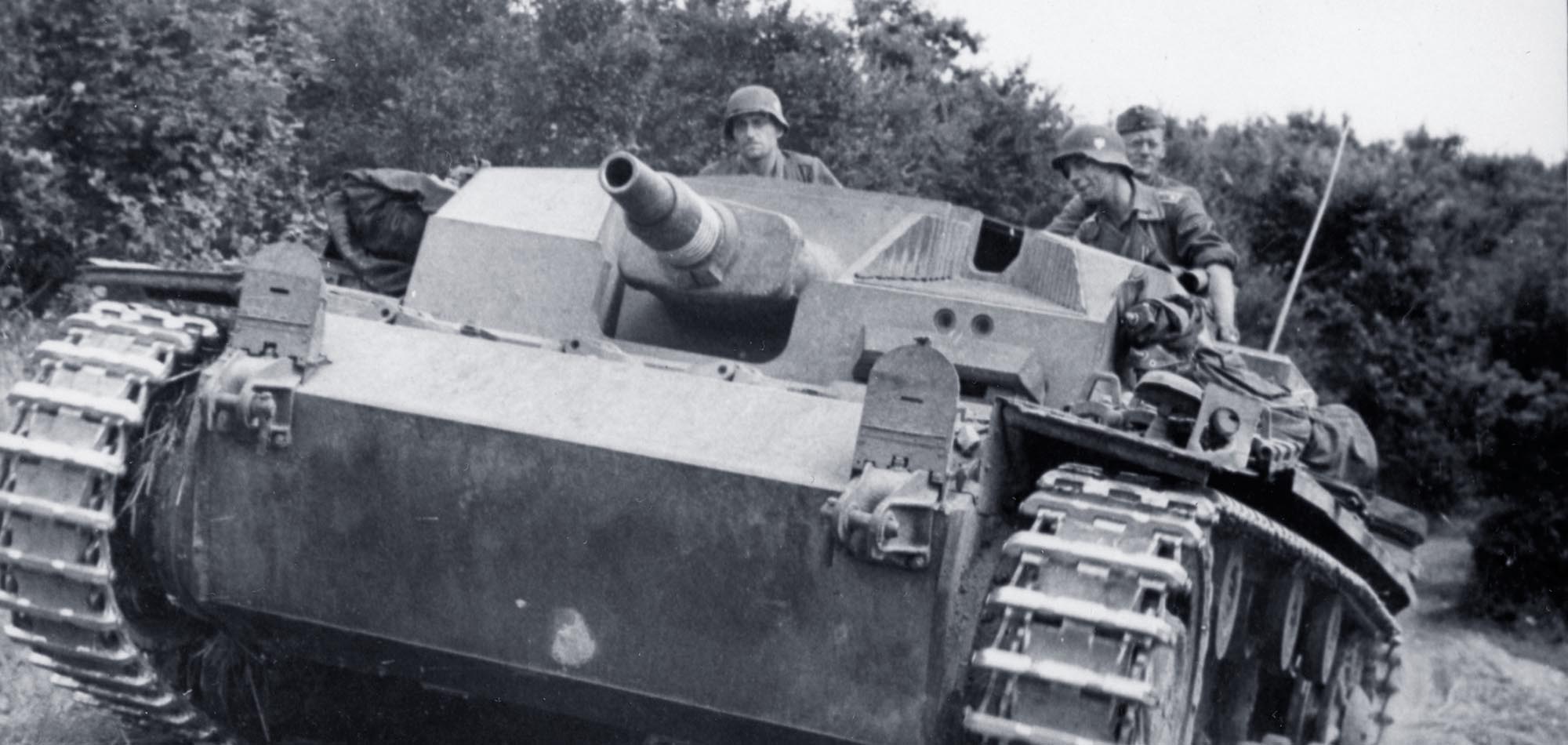

Join The Conversation
Comments
View All Comments